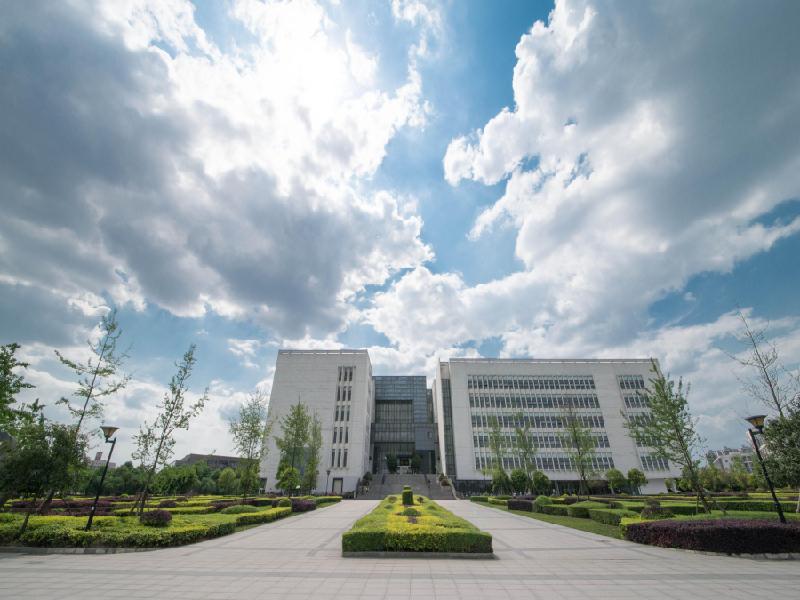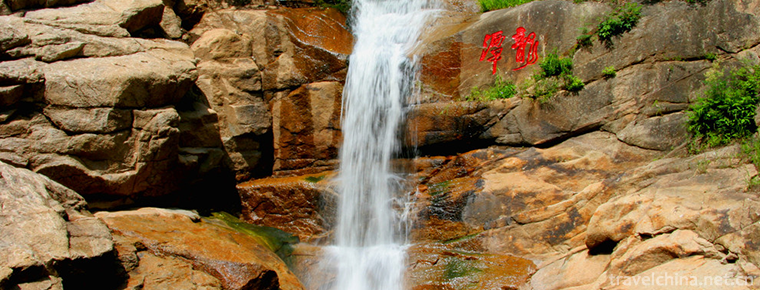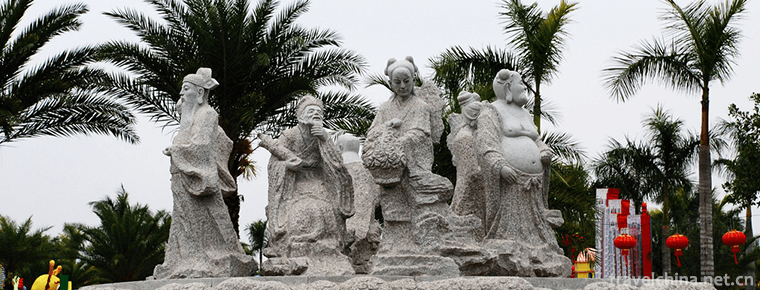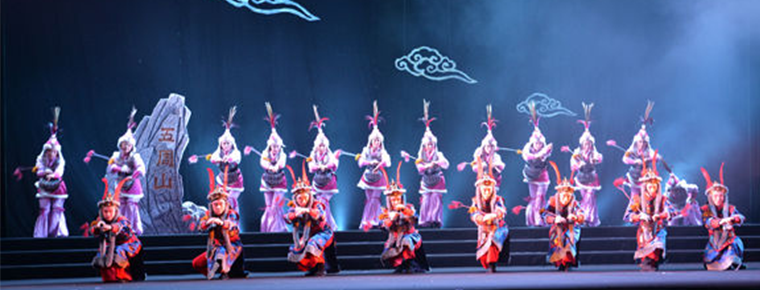2019-01-19

- By ChinaWiki.net
- Chinese Edition
- 2019-08-31
Xihua University
Xihua University, located in Chengdu City, Sichuan Province, is a provincial key comprehensive university with complete disciplines and multi-disciplinary development. It has been selected as "Basic Capacity Building Project of Central and Western Universities", "Education and Training Plan for Excellent Engineers 2.0", "Sichuan 2011 Plan" and "Sichuan Excellence". The Engineer Education Training Plan and Sichuan Province's "Double-first-class" Construction Plan are selected by the "Preparatory Class for Children of Border Guards" of the People's Liberation Army of China as a model University jointly built by universities and the Ministry of Education, and Sichuan Province as a model university for deepening innovation and entrepreneurship education reform, which has the ability to recommend excellent undergraduate graduates to the whole country. Students are exempt from examinations for postgraduate studies.
Sichuan Agricultural Machinery College, the predecessor of Xihua University, was founded in 1960 to respond to Chairman Mao Zedong's call that the fundamental way out for agriculture lies in mechanization. At that time, it was one of the undergraduate agricultural machinery colleges established at seven different distribution points in seven major regions of the country. It was renamed Chengdu Agricultural Machinery College in 1972 and Sichuan Province in 1978. The government was listed as a key provincial university and renamed Sichuan Institute of Technology in 1983. In 1990, the Academic Degree Committee of the State Council approved that schools have the right to grant master's degrees. In 2003, Sichuan Institute of Technology and Chengdu Teachers College merged to form Xihua University. In 2008, Sichuan Economic Management Cadre College was integrated as a whole.
As of June 2018, the three campuses of the school, Pengzhou and Rennan Campus, covering an area of nearly 3,000 mu, have 27 colleges and 86 undergraduate majors; 18 first-level disciplines with master's degree authorization, 12 professional master's degree categories and 68 master's degree authorization points; more than 45,000 full-time students and more than 2,000 graduate students.

Ask a Question
Your email address will not be published.



0 Questions